In summer 2012, after nine years and billions of pounds worth of bidding, campaigning and construction, London hosted the Olympic and Paralympic Games.
This was the third time the Olympics had been staged in London, after the city played host in 1908 and 1948.
The graph below shows the voting process for the five cities that reached the final stage of allocation: Paris, Madrid, New York, Moscow and, of course, London.
The games were billed as a tournament that would leave a long-lasting legacy – they were the Games that would ‘Inspire a Generation’.
Given the huge over-spending – £2.36 billion by SkySports’ estimate – and how often the word ‘legacy’ was employed in publicity events it was impossible to avoid the motif.
Everything down to the official Olympic and Paralympic mascots were imbued with the idea.
Olympic mascot Wenlock was named for Much Wenlock, a Shropshire town where a precursor for the modern Olympics was held in 1850.
And Mandeville – the Paralympic mascot – was named for Stoke Mandeville, one of the locations for the 1984 Paralympics, where GB won 331 medals.
Even the official song epitomised the idea of lasting long in the memory after the closing ceremony.
The song, performed by Muse, was called ‘Survival’ – which perfectly encapsulates this aim for London 2012 to survive in the memory for decades to come.
So that begs the question – for all the effort of ensuring that this Olympics would carry a legacy, what actually was it?
To read the full article, please click here.
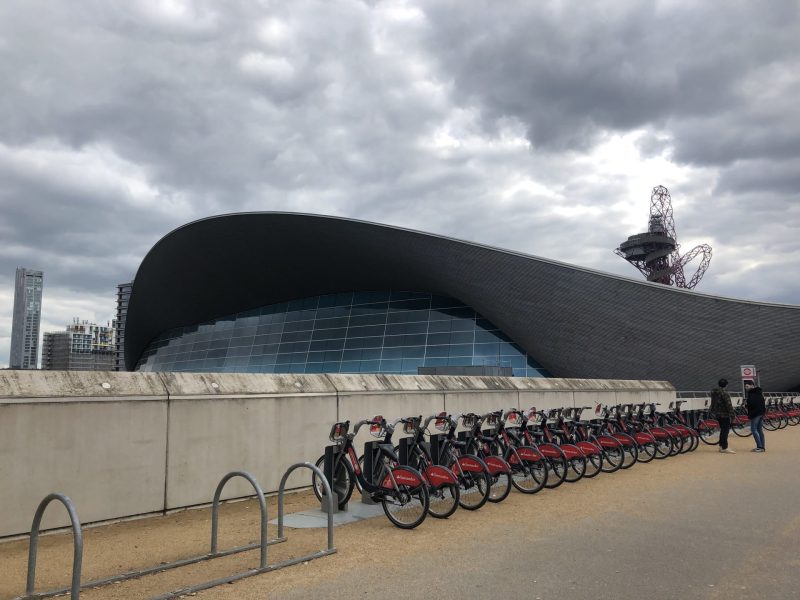
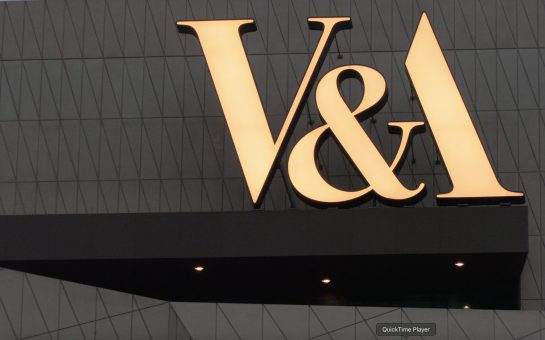
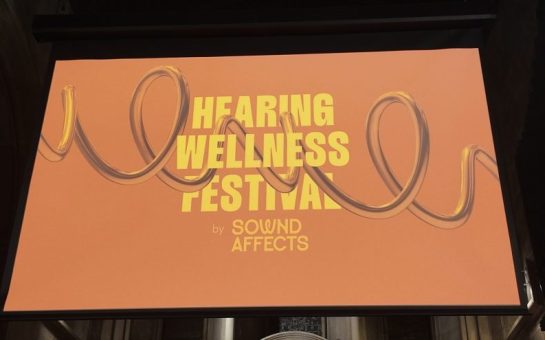
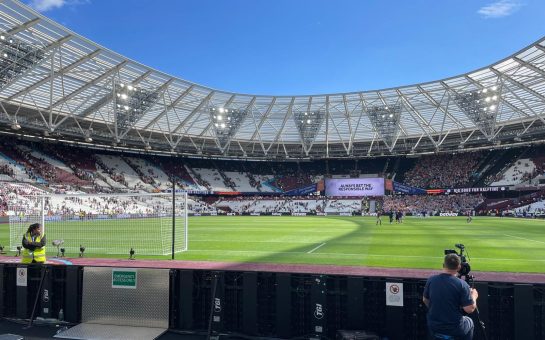
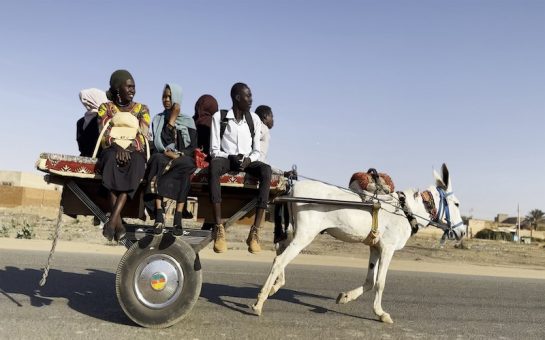
Join the discussion